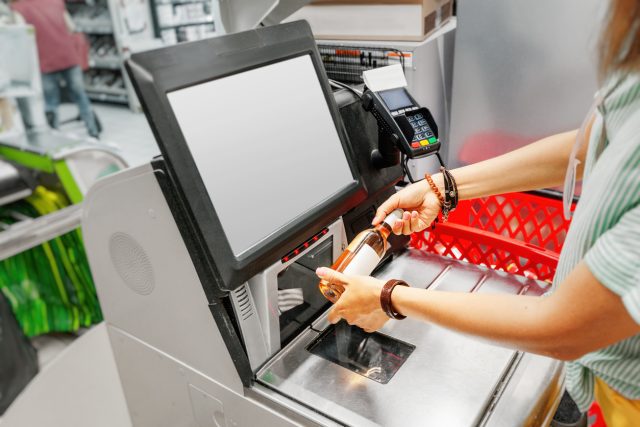This website uses cookies so that we can provide you with the best user experience possible. Cookie information is stored in your browser and performs functions such as recognising you when you return to our website and helping our team to understand which sections of the website you find most interesting and useful.
Alcohol inflation causing £600m hole in Treasury coffers
An urgent cut in alcohol duty is required to boost revenue for HM Treasury as a £600m loss in potential revenue from booze sales has been recorded recently.

The Wine and Spirit Trade Association has made the call for the spring Budget in March after inflation-fuelled price rises are causing havoc with government revenue from alcohol duty.
According to the latest set of data from HMRC, excise duty receipts for wine and spirits combined show the Treasury lost £436m between September and January compared with the same period last year. In addition, with losses from beer and cider, Treasury coffers are down almost £600m.
It comes as consumers are abandoning purchasing alcohol due to the steep escalation in duty caused by the rates change last year.
Costs
Alcohol duty hikes in August 2023 were the largest in almost 50 years, adding 20% to excise duty on over 85% of all wines on the UK market and more than 10% to duty paid on full strength spirits.
Following those duty increases, sales volumes have declined, alcohol inflation has risen to more than double the headline rate, while revenue from duty receipts has declined.
The WSTA’s forthcoming market report reveals in the twelve weeks to December sales of spirits and wine were in decline in Britain’s supermarkets and shops. Spirits were down 7.1% and wine was down 4.1% by volume.
According to ONS data for average prices on items in January 2024, the average price of a bottle of red wine is up 8%, gin is up 6% and fortified wine is up a massive 17% in just a year.
It is 40 years since wine duty was last cut by the-then chancellor Nigel Lawson, and spirits haven’t been cut in almost a decade.
Concern has risen that duty increases could be announced at the budget for August this year, putting even further pressure on consumers and the Treasury’s revenue.
Do us a favour
Miles Beale, Chief Executive of the Wine and Spirit Trade Association, said the chancellor needs to “do himself – and everyone else – a huge favour” and cut alcohol duty.
He said: “Last year’s punishing duty increases have had an immediate and negative impact on the amount of wine and spirit sold in the UK. Not only has this hurt British businesses, it has fuelled inflation and significantly reduced excise duty receipts to the Exchequer.
UK CEO of retailer Laithwaites Philippa Strub said if the government currently plans to “unleash” the full extent of the duty system next year, it would struggle with the implementation.
She said: “It is no surprise that August’s 20% increase in wine duty has led to the Government receiving less duty revenue. We, along with many other wine merchants, have seen sales volumes decrease since the duty hike as consumers react to higher prices.
“The Government currently plans to unleash the full extent of the new duty system on wine next year – a system so fiendishly complicated that even Laithwaites, a business with over 50 years of experience, will struggle to operate across our range of 2,000 wines.”
Call
As a result, the WTSA and its members are calling for a permanent its temporary easement for still wine and maintaining the approach for taxing for wine that it introduced in August “would make little difference to duty receipts” – but would avoid further significant red tape costs to business, in particular the UK’s thousands of SME wine importers and retailers.
While the new system may appear simpler in a spreadsheet, in practice, for the wine sector, the WSTA has warned it is “categorically the opposite”.
If the easement ends, as planned in February next year, a single amount of duty paid on wines between 11.5 -14.5% abv – £2.67 – will be replaced buy up to 30 different payable amounts from £2.45 – £3.10 per bottle.

